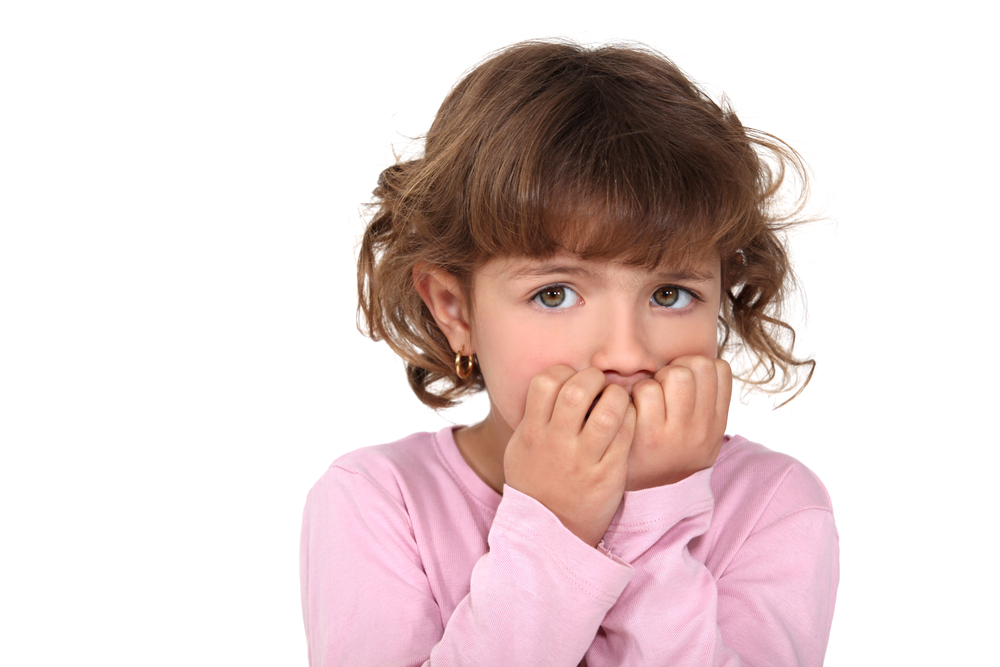Anxiety
/Anxiety
For kids with severe anxiety I recommend therapy and possibly medication if they can’t get through the day or are having many panic attacks.
While the child might ask you multiple times about various anxious scenarios I would suggest not constantly talking about their sources of anxiety and constantly reassuring them, but instead refer them to a professional therapist. They often may only need a few sessions to start feeling better. They need some reassurances from parents that they are safe/okay, but constantly talking about it can lead to them thinking more about their worries instead of getting them to think about other relaxing thoughts. Don’t tell your child not to worry about things or make them feel bad for having anxiety- it’s not their fault and saying this will just make them feel worse. Help them examine evidence if their fears are irrational to challenge their anxious thoughts. Also ask them how to make them feel better and teach them how to solve their problems. Also help them develop some coping strategies.
Coping strategy suggestions:
· Take deep breaths from stomach (instead of chest)
· Picture a relaxing scene/favorite place (often kids pick a vacation, or thinking about their pet)
· Progressive musical relaxation (tighten and then relax your muscles)
· Try to change your thoughts by questioning your fears if they are really likely to happen. [For example- if you worry your parents will die, then think- is it really likely? Probably not if you examine the evidence- that they aren’t sick and have never died before. Then you can try to challenge your thought and remember they will likely be fine and you can try to relax].
· Problem solve: If your child is asking “What if” this or that happens, ask them to try to think of logical solutions.
Anxiety about going somewhere new
Some kids have a lot of anxiety about going somewhere new (or somewhere they haven't been in a while) or visiting/meeting new people. Some kids may not show their anxiety, but rather internalize it (may be worried but not express it) and other kids express it in different ways. Some kids show this anxiety in the typical way: clinging to mom/dad, crying, refusing to go. Other kids show this anxiety by throwing a fit or a tantrum. Sometimes parents don't recognize the reason for the tantrum- the child doesn't or can't appropriately express his feelings so they throw a fit.
Tip: Review and prepare. Show the child the website of where you are going (all attractions like museums, zoos, etc have websites with pictures), or show your child pictures of who you are visiting (grandparents for example). Discuss what you will do, what you will see, etc. Explain to the child it’s okay and normal to be a little anxious about doing something new or going somewhere new. Tell the child what the OK reaction should be. Also remind them how they can cope (hug parents, hold their hand, bring their favorite toy). Finally make sure you emphasize the fun part! Remind kids it will be fine.
Some kids do great with "Social Stories" where a story is written with the child in the story and it explains what will happen, what the expected behavior is, and reminds the child they are doing a great job learning whatever the skill is you want them to learn. (Search online for some free available social stories, or you can make one up yourself!)
Here's an example of something you can say to your anxious child before you go, and maybe during the car ride too. "I know sometimes you (or use "kids" in general if the child gets upset if you specifically focus on them) get a little worried or anxious when going somewhere new. It’s okay, and normal. Even mommies and daddies get anxious sometimes. (You can say if it’s true that you feel a little nervous too). Remember you can tell me "I feel worried" or "I'm scared" (use whatever feeling word you think your child is most familiar with and would understand) and come give me a hug, or you can hold my hand until you feel comfortable. We're going to do and see lots of fun things (give specific examples, if you can). I'm sure you will have lots of fun!”
(If you are leaving the child with a new babysitter for example, explain you will be back very soon and will give lots of hugs and kisses when you return, and you will miss them too.)
[see articles on breathing, preparing for a new school, separation anxiety and depression]


